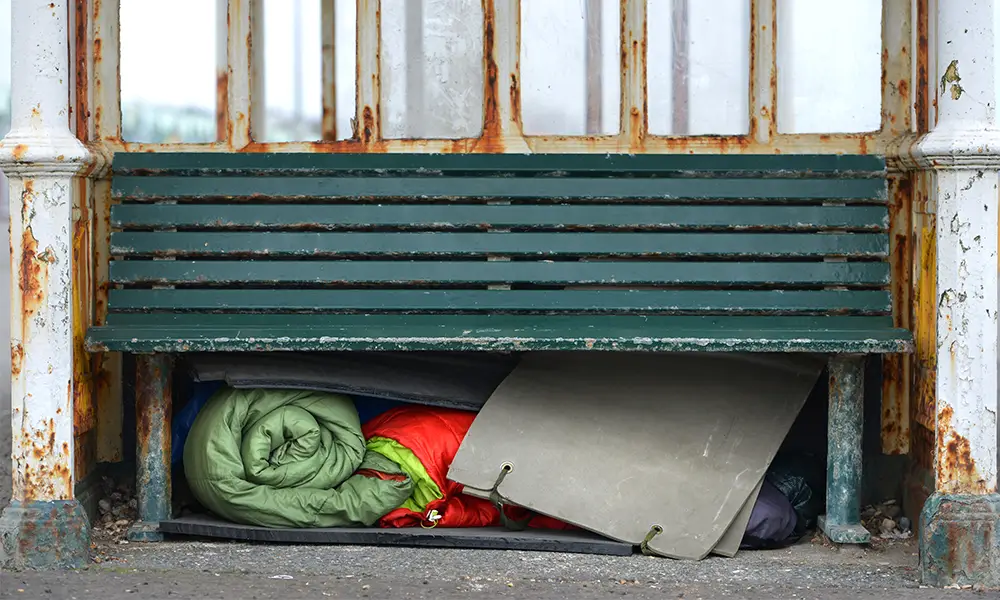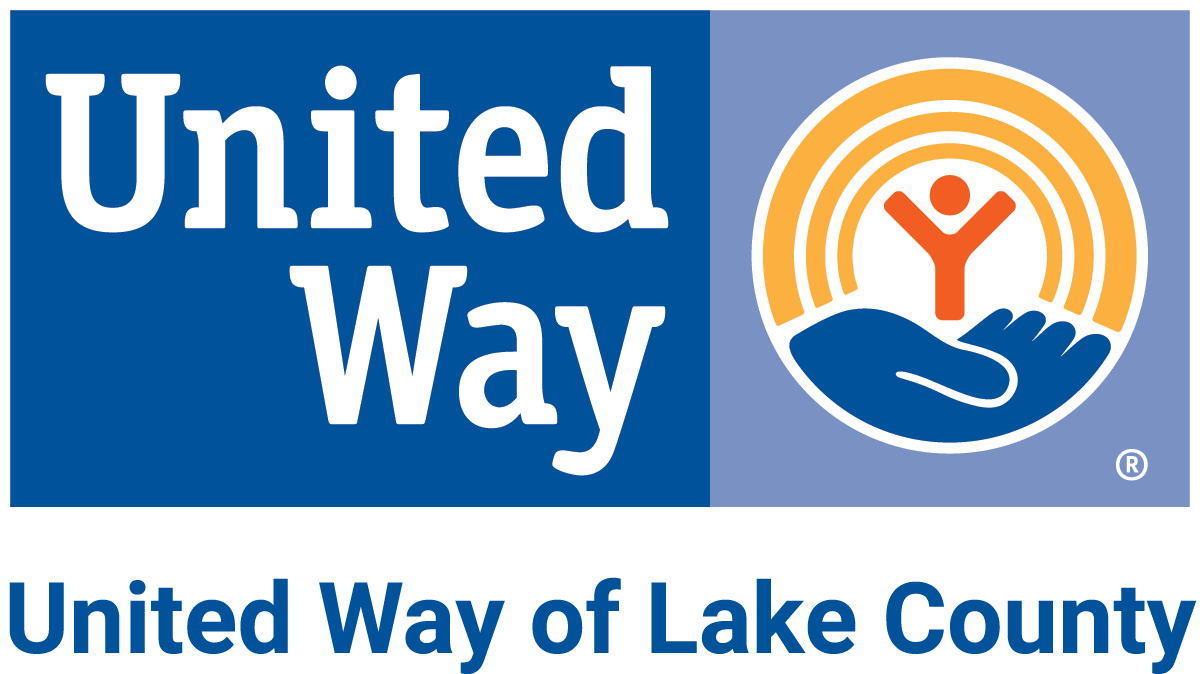In 2021, the Senate recognized November as National Homeless Youth Awareness Month. Many children across Illinois, and the United States, do not have stable, safe homes. Many are also unaccompanied—meaning they are not with a legal guardian or parent while they are unhoused. These children often are absent from school, missing important milestones, and are at a significantly increased risk of being the victim of drug-related and/or violent crimes due to their vulnerability.
Nationally, only 1 in 4 students who experience housing insecurity will graduate from high school. Chicago Public Schools reported serving 16,451 unhoused students during the 2018-19 school year. Chapin Hall at the University of Chicago, an independent research partner at the University of Chicago that provides rigorously researched data to public and private sectors as well as policymakers to better support children, families, and communities, conducted several national surveys between 2017 to 2018 that revealed the complexity of this issue.
Chapin Hall at the University of Chicago had 5 major findings from this work with unhoused youths:
- Youth homelessness is a board and hidden challenge.
- Youth homelessness involves diverse experiences and circumstances.
- Prevention and early intervention are essential.
- Youth homelessness affects rural youth at similar levels.
- Some youth are at greater risk of experiencing homelessness.
 Chapin Hall’s findings also provided important case studies, including youths telling their stories of how they became unhoused. Sharing these stories is an important human element that is often lost in the granular nature of data collection and extraction. These first-hand experiences paint a picture of children and teens fighting for survival, family support, and a better future that is clouded by the overbearing presence of having unreliable shelters, food insecurity, threats of physical violence, mental and emotional abuse, and mental health stigmas. These children are put into a tough situation most adults are incapable of getting out of alone. Often these children report increased use of substances or develop problems regulating how much they are consuming to escape the daily struggles of their lives, and/or trading sexual favors for basic necessities.
Chapin Hall’s findings also provided important case studies, including youths telling their stories of how they became unhoused. Sharing these stories is an important human element that is often lost in the granular nature of data collection and extraction. These first-hand experiences paint a picture of children and teens fighting for survival, family support, and a better future that is clouded by the overbearing presence of having unreliable shelters, food insecurity, threats of physical violence, mental and emotional abuse, and mental health stigmas. These children are put into a tough situation most adults are incapable of getting out of alone. Often these children report increased use of substances or develop problems regulating how much they are consuming to escape the daily struggles of their lives, and/or trading sexual favors for basic necessities.
Often when they are picked up and held by juvenile detention centers, they report a sense of relief for having a stable environment for a moment—much like adults who experience being unhoused.
Nicasa Behavioral Health Services recognizes that homelessness is comprised of diverse, complicated issues that disproportionately affect people of color, people living in or near poverty, LGBTQIAA+ communities, and many other historically underserved populations. These communities also are the most likely to experience negative health outcomes and often are forced into desperate situations to simply survive. Nicasa sees how this unfairly contributes to perceived delinquent behavior and recognizes that being unhoused, and other social and environmental factors may influence a youth’S decision to commit a non-violent crime in order to secure food, temporary shelter, or other basic necessities. We are committed to providing and finding resources for anyone unhoused or at risk of becoming unhoused in Lake County, IL. We work to break down the barriers of care and stigmas with receiving support. We also strive to bring restorative justice to the youths in Lake County through Nicasa’s Teen Court that may be experiencing maladaptive survival instincts and external pressures that may result in further delinquent behaviors.
Nicasa’s Teen Court program is an important part of holistic care that views youth through a lens where criminal behavior is a symptom of a deeper problem. Teen Court accomplishes this by creating accountability for crime, connecting youth to individualized mental health and substance use care, providing training for better decision-making, developing new coping skills, and reducing re-arrest rates in Lake County. Nicasa also offers additional resources to youths who may be experiencing instabilities at home through our Family Advocacy Center. Nicasa Teen Court program directly addresses Chapin Hall’s third finding by providing prevention and early interventions to those in need of additional support. These services are critical early on because they can either entirely prevent the displacement or minimize the lasting effects of being unhoused.
For more information on Nicasa Behavioral Health Services, Family Advocacy Center and Services, Youth Services, and Teen Court programs please call 847-546-6450 or email info@nicasa.org.
Share This Story, Choose Your Platform!
Browse Topics
- Community Services / Coalitions
- Company News
- Diversity, Equity, Inclusion, & Justice (DEIJ)
- Driving Under the Influence (DUI)
- Early Intervention
- Education
- Gambling
- Harm Reduction/Deflection
- Life Experiences
- Mental Health
- Messages of Solidarity
- Prevention
- Recovery
- Sober Celebrations & Activities
- Social Services
- Substance Use
- Teen/Youth
- Treatment
- Uncategorized








